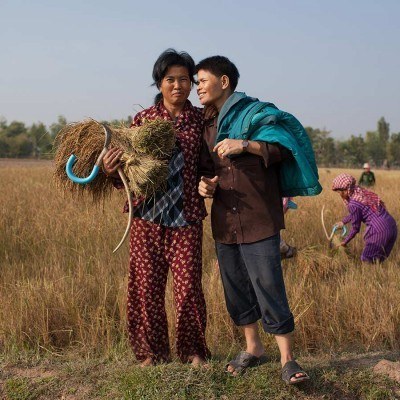
A Nicaraguan journalist in exile speaks truth to power with a bold, new book
In 2018, Nicaragua’s citizens rose up against the repressive, authoritarian government of President Daniel Ortega, who has been in power since 2007. The largely student-led demonstrations were met with heavy force from the police and paramilitary groups, leaving hundreds dead and imprisoned, and thousands wounded. In the thick of this violence and mayhem was Gabriela …
Read More




